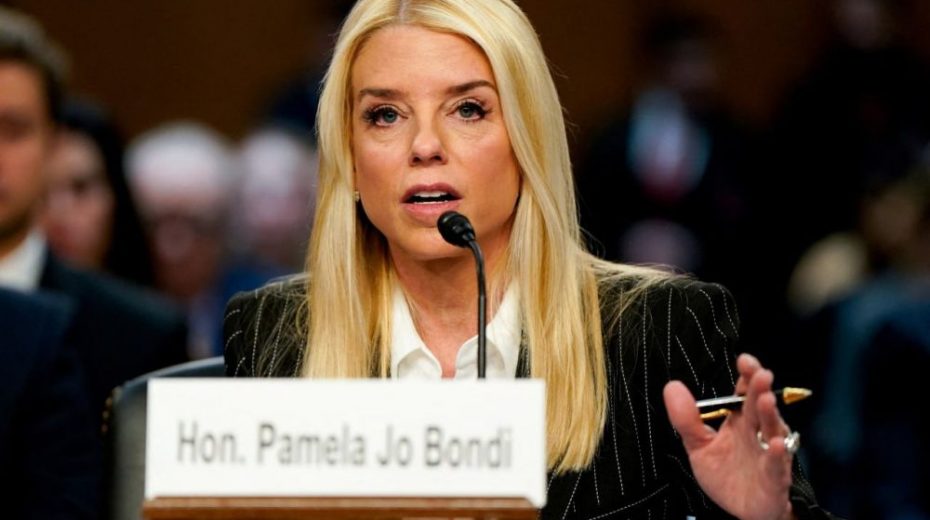
By Ilana MERCER
Freedom needs no justification. It is an end unto itself. You are deficient in American solidarity if you don’t stand up for non-violent protest and all speech ~ilana
To understand freedom of speech as it is in America, one must recognize that:
Individuals’ spoken words, chants, written texts, tweets, their embraced ideologies, the flags they display or incinerate, ceremonial non-violent acts and rituals, as well as insignia and paraphernalia—any symbolic gestures including goose-stepping or Hitler salutes—are protected as free expression under natural law, so long as violence isn’t involved (including harm to animals).
Whether carried out individually or in groups, whether thoughts are kept private or voiced publicly—so long as no violence occurs, and physical boundaries are respected (including to animals, as in Kristi Noem’s case)—everything is speech. Such expression should remain untethered, uninhibited, and as unrestrained as possible.
Even if expressions suggest antisemitism, Nazism, racism, or other hostilities, they remain mere thought crimes if not actualized through violent acts. Be it spoken, chanted, written, or preached, no matter how offensive or improper, they are fundamentally protected as thoughts.
In a free society, thought crimes are nobody’s concern and should be fiercely shielded. By extension, accusations of antisemitism, Nazism, racism, or similar bigotries become questionable when issued by entrenched American power entities.
One such extravagant and intrusive institution is the Anti-Defamation League (ADL)—or aptly, the Defamation League—a label once proposed by Elon Musk before he collaborated with the ADL to heavily censor certain speech on X. This meddling organization resembles the Southern Poverty Law Center, described by Tom DiLorenzo as “Smear Artists for the Total State.” It assumes the power to socially and financially decide who thrives or perishes based on their expressed ideas.
Under the American ethos, politically incorrect speech—be it racist, Nazi, or antisemitic—remains safeguarded from legal or bureaucratic suppression by lawmakers, media figures, academics, and technocrats.
Hunting down racists or anti-Semites is wholly unacceptable for libertarian-minded Americans, or any American who respects liberty. Like principled libertarians, Americans should neither prosecute thought crimes nor persecute those who hold dissenting views.
The Skokie Standard of free speech—explored in August 2022—serves as our model. Back in 1978, the ACLU defended a neo-Nazi group’s right to march through Skokie, a Chicago suburb with many Holocaust survivors. This standard upholds unpopular speech and robustly defends marginalized voices, rather than safeguarding prevailing state or corporate doctrines.
To reiterate the Skokie Standard: Whether expressed individually or collectively, the words people utter, write, or tweet; the convictions they hold; flags they display or trample; peaceful symbolic ceremonies, rituals, and protests; insignia and paraphernalia; even goose-stepping and Hitler salutes—as long as no physical violence occurs—are protected speech.
Turning Point USA’s Charlie Kirk, RIP, articulated this clearly. On May 2, 2024, Kirk stated: “Hate speech does not exist legally in America. There’s ugly speech. There’s gross speech. There’s evil speech. And ALL of it is protected by the First Amendment. Keep America free.”
In contrast, Trump’s Attorney General Pam Bondi misunderstands this principle. Even Glenn Greenwald, a former constitutional lawyer known for his civility, regularly criticizes Bondi as “dumb” and “lacking any grasp of constitutional law,” especially after she claimed post-Kirk’s death:
The Justice Department would “absolutely target you, go after you, if you are targeting anyone with hate speech… There’s free speech, and then there’s hate speech. And there is no place—especially now, especially after what happened to Charlie — [for that] in our society,” Bondi said to a podcaster.
If one thought these unconstitutional threats to prosecute hate speech were spur-of-the-moment, Bondi doubled down by advising employers on September 15, with scant regard for constitutional principles, about their “obligation to get rid of people who are saying horrible things” (tweet).
Although “The First Amendment does not prevent private employers from terminating employees over speech; it is illegal for the government to use its authority to pressure such firings.” Celebrations of Kirk’s assassination don’t qualify as violent threats or incitements. In fact, “government retribution for speech” is, as U.S. District Judge William Young strongly criticized, “directly forbidden by the First Amendment.”
From a libertarian viewpoint, defending speech should never rely on a content-based defense—arguing a book, statement, or author deserves protection because the person is good or their words are non-racist and anti-bigotry.
The Argument from Freedom hinges on protecting the process, not the content. Allegations of racism, antisemitism, or Nazism in books or protests should be tangential at best, or ideally not considered at all.
This argument demands defending publication and expression regardless of content—whether it’s Mein Kampf or pro-Palestine protests. That’s why freedom of speech is fundamentally an argument about procedure, not about substance.
Freedom champions an unchecked marketplace of ideas, encompassing both positive and negative. It insists that politically offensive books must be published and accessible to free individuals—not out of historical necessity, but because freedom needs no justification. It is an end unto itself. Failing to defend non-violent demonstrations and all speech is a failure of American solidarity.
Liberty is simple: the unchallengeable right to speak out, gesture wildly, and confront authority verbally without interference. Tyranny occurs when these simple acts can lead to assault, imprisonment, harm, deportation, or even death.
Banning books or prosecuting speakers, as done legally via kangaroo courts in Britain, Europe, and Canada, undermines individual choice and autonomy in societies that claim to be free. It assumes a higher power capable of determining which cultural content is permitted for consumption.
I urge readers from all political perspectives to reject efforts to police, purge, persecute, or prosecute those who hold or express politically unpopular ideas, whether through their speech or actions.
Original article: www.lewrockwell.com




